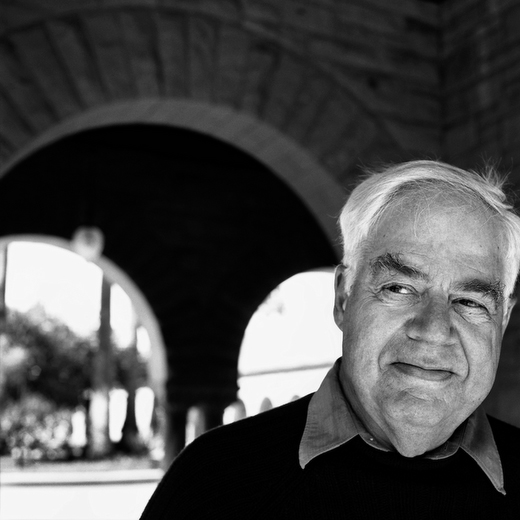
Philosophy is notorious for subjecting itself to withering criticism, and that is precisely where philosophy progresses. For some philosophers, the critique of philosophy is also the very essence of philosophy. Jean Hyppolite interprets Hegel by saying “philosophical discourse contains its own criticism within itself.” Then, philosophical critique is inescapable, or, the discourse of philosophy cannot be isolated and insulated from a critique of any kind.
Jacques Derrida, in his seminal Of Grammatology: “Operating necessarily from the inside, borrowing all the strategic and economic resources from the old structure, borrowing them structurally, that is to say without being able to isolate their elements and atoms, the enterprise of deconstruction always in a certain way falls prey to its own work.” (P. 24) The deconstruction of philosophy merely unpacks the methods and logic and propositions employed by philosophers, yet this unpacking is always already unpacking, that is, rearrange the methods and reformat the logic and re-institute the propositions.
Since philosophy is self-referential, then the effort to define the founding conditions of philosophical truth from a purely objective position outsie of philosophical discourse is necessarily doomed to fail. Derrida inspects what the structures of philosophical texts contains in order to trace the hidden/excluded/repressed history/folks/concepts of western philosophical discourse as its founding conditions of possibility.



